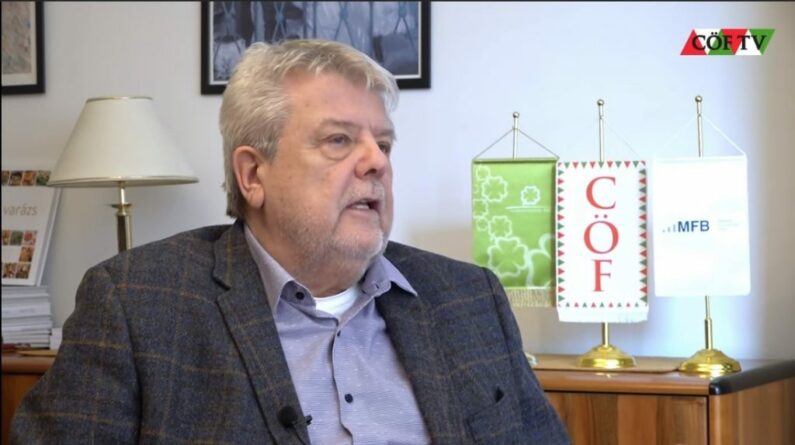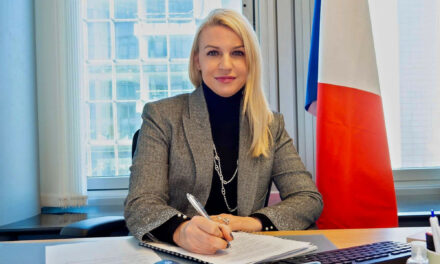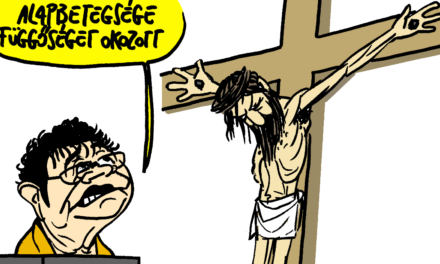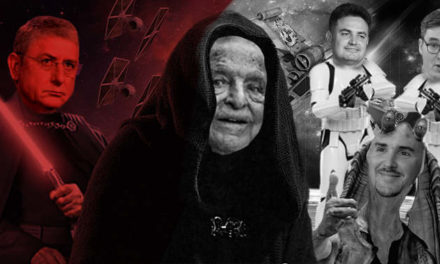The world's political and economic situation is constantly changing. Tracking the phenomenon is not easy. In this regard, the institutional system of the European Union is unable to solve the tasks entrusted to it. The eyes of counter-selected politicians who have been assigned tasks in the institution are thickening. They make boomerang type decisions. On the other hand, they show an interest in paid lobbying, which raises the suspicion of corruption on some. It hurts the citizens of Europe that a series of bad decisions are made from the taxes of European citizens.
Europe's economies are suffering, high inflation and the energy crisis are causing sharp pain to everyone, but especially to those living in poverty. In the meantime, it seems that the European Parliament, exceeding the rights conferred on it, is launching maneuvers to gain power and has already turned the institutional hierarchy accepted in the basic treaty of the Union on its head.
It is unacceptable that the decision-making will and competence of the leaders of the states in the federation, endowed with electoral legitimacy, are betrayed by paid lobbying representatives, bypassing the principle of popular sovereignty. The ideological interests that gather together in the European Parliament go against the sovereign governments with their majority strength, putting aside the interests of their country and stuffing their pockets. It is also not uncommon, see the attacks on Poland and Hungary, that they conspire to overthrow the reigning governments by threatening sanctions.
The opportunity for European citizens to replace the disintegrating system of helpless bureaucrats in the 2024 EU elections. Before the elections, the ET must create a new legal order for the election of representatives by creating an expert working group and then involving the EC. The essence of this is an authorization that carries out the sending of representatives based on the majority will of the parliaments of the states.
The new regulation would make it possible to end ideological battles in the interests of party politics in the EU parliament. The free election of parties and the resulting balance of power in each state ensure that the balance of power is shaped according to the will of the citizens of the member states during the elections.
It can be considered a fundamental issue that uniform rule of law criteria for the member states and binding on everyone be developed right now, i.e. before the elections. This regulation must be carried out by the legal experts of the European Commission on the instructions of the European Council, so that, in justified cases, the legal historical traditions of the states, possibly without infringing the interests of others, can constitute an exception.
Examining the historical past of the European Union, we can conclude that its work serves the principle of popular sovereignty and the will of the electorate if, accepting the primacy of the economy, it focuses its political manifestations primarily on the aspects of foreign affairs and national defense. It should be considered as a fundamental point of view that the development of the society formed as a result of the European Judeo-Christian civilization, taking into account the sovereignty of the nations, is a more democratic and advanced form of state management than the US-type federal practice. European in this sense is exemplary. Democracy does not need to be exported, our continent cannot become a victim of ideological or economic colonialism from either the East or the West.
Strengthening the cohesion of Europe presupposes that it invites non-EU countries into its community as soon as possible. This will unlock new powers. The abolition of internal borders gives a common task to protect and guard Europe's borders. The termination of illegal economic immigration can only be achieved if the Union also prepares a program to help needy countries in the Middle East and Africa. Europe's labor shortage and uncontrolled immigration can be solved with professional measures to eliminate them. The workforce training necessary for Europe should be provided locally by multinational companies before immigration, and then help fill the labor shortage with fixed-term employment contracts.
The civil society of the allied sovereign states cannot tolerate interference from other continents in the internal affairs of their country and the future of Europe. Europe's right to self-determination is not for sale. The outburst of the EP representatives greedily pinching Judas money has become timely. Rejecting foreign ideas that destroy the traditions of our common Europe is the first step.
Before the European Union elections in 2024, the voters of Europe must be presented with a precisely developed strategy until the next elections. Only in this way can the decisions of our citizens be well-founded, and then the economic and political tactics of the Union become followable for them.
The citizens of Europe insist on their freedom and do not want to exchange it for honey-string freedom, even if the financial powers representing one percent of the world try to force it on them. Synchronization of public morality and legislation is inevitable.
Europe, based on its geographical position, is a major power factor with its industrial and agricultural development and logistics capabilities. Dare to be big, which we can only do if we firmly represent the interests of the 450 million European citizens and, aware of our own strength, boldly say "Nothing about us, without us!"
László Csizmadia, founding president of CÖF-CÖKA













